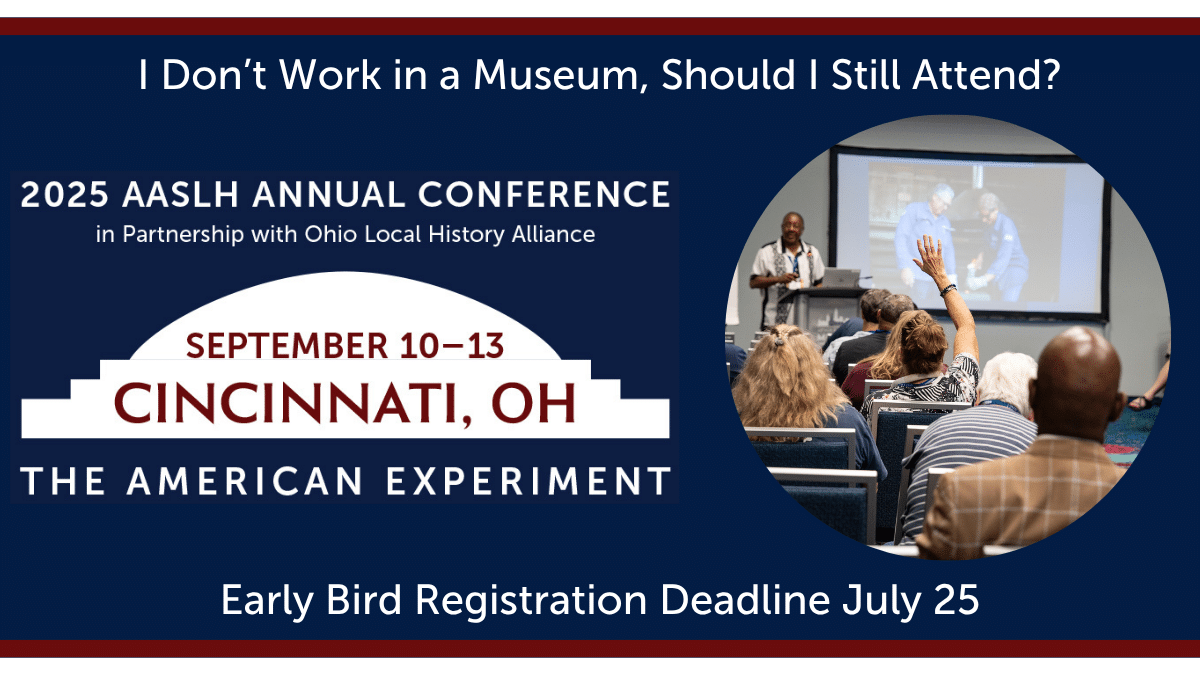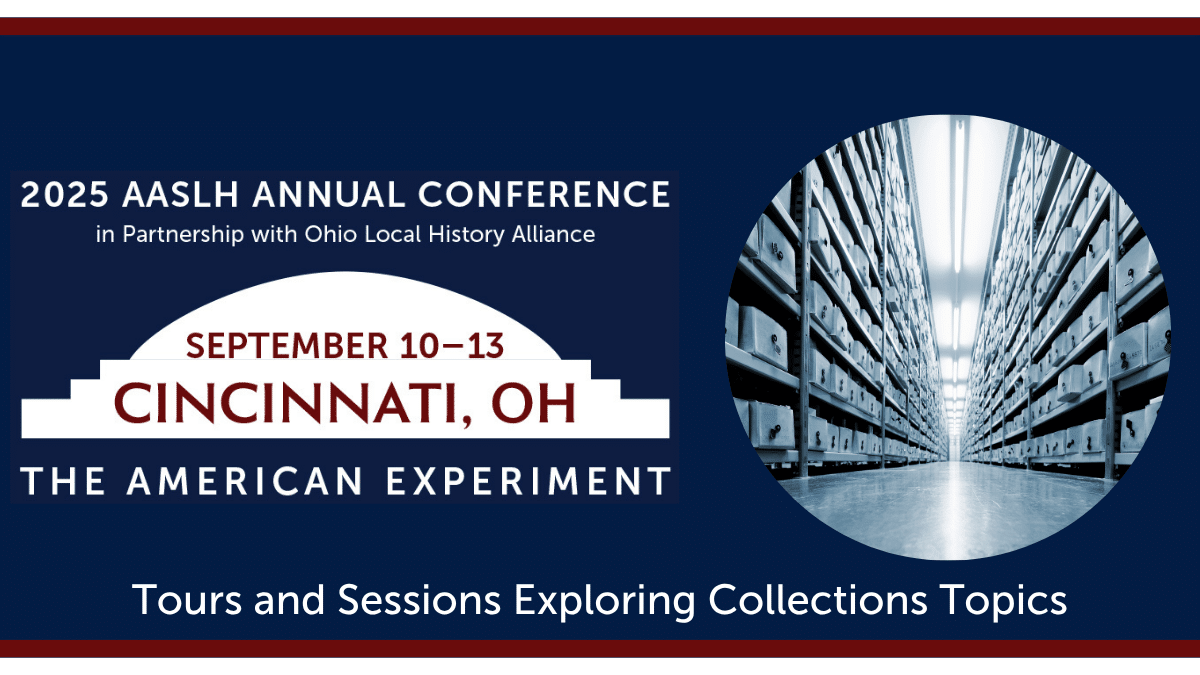History organizations often wonder about what effective outreach is. The business literature is full of a dizzying number of examples. To simplify I often suggest that there are four types of outreach people often describe to me: (1) simple customer service, (2) product and service placement into another’s facility, (3) relationship building, and (4) capacity development. While the first and second probably cannot be defended by business literature, people I work with will still think of these functions as types of outreach. Ultimately, outreach exists between a provider of outreach and a user of outreach.
Capacity development is typified by five attributes by those providing outreach: (1) transfers information, often technical, (2) builds a network of like efforts, (3) provides access to resources, often financial, (4) identifies leaders within the network to which to distribute the work load, and (5) fosters consistent decision making across the network.
Capacity development builds a trusting relationship by operating under three principles: (1) the outreach worker must recognize and take steps to mitigate the inherent power differential between provider and user, (2) the direction for capacity development must originate with the user, and (3) the outreach worker’s advice must be tailored to the unique time and place of the user.
Creating an outreach initiative needs to consider what you mean as outreach. If you truly mean to improve the capacity of those in your community to do the work of history, then you must think through how your proposed activity addresses the three principles first. After considering how your activity might complement the existing work of “history doers” around you, then you need to decide which of the attributes your activity will embody and which of them you might need to emphasize before engaging your community.
David M. Grabitske is the Manager of Outreach Services for the Minnesota Historical Society in St. Paul, MN.
Ask FSA is a blog series where members of the Field Services Alliance (FSA) share issues and questions they come across in their daily work. FSA is an organized group of individuals, offices, and agencies that provide training opportunities, guidance, technical services, and other forms of assistance to local historical societies, archives, libraries, and museums in their respective states or regions.




